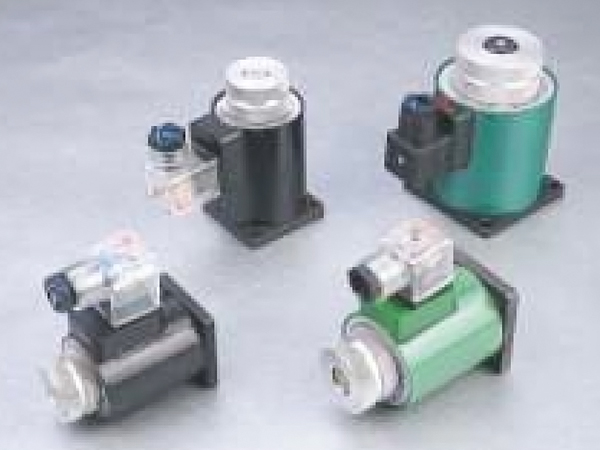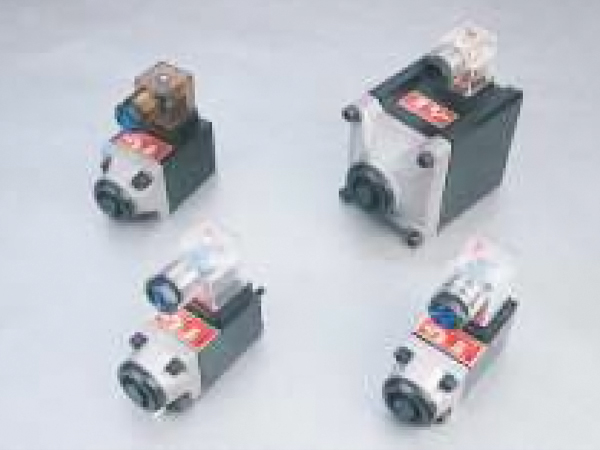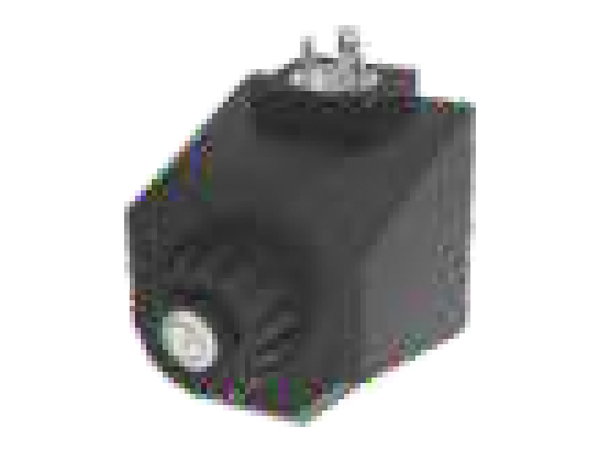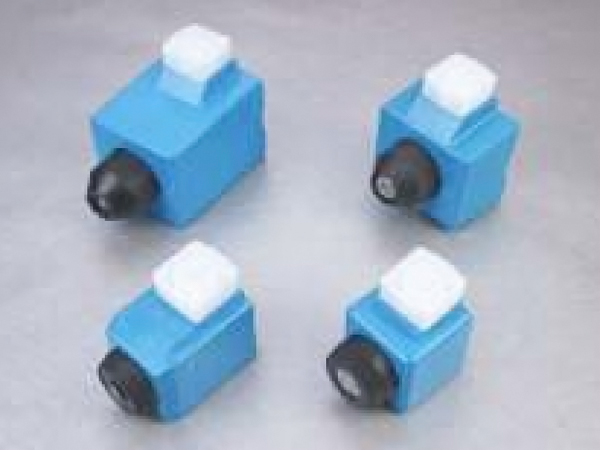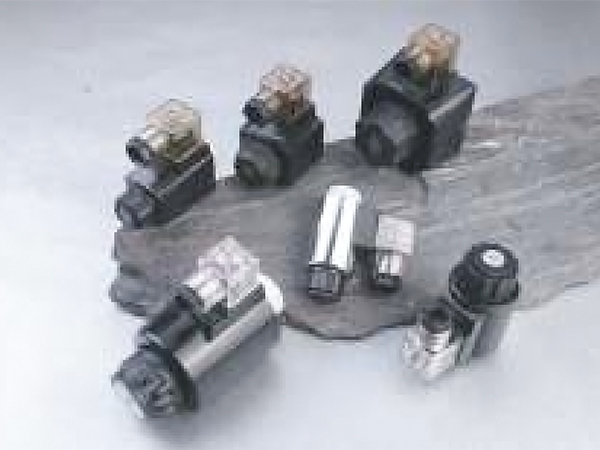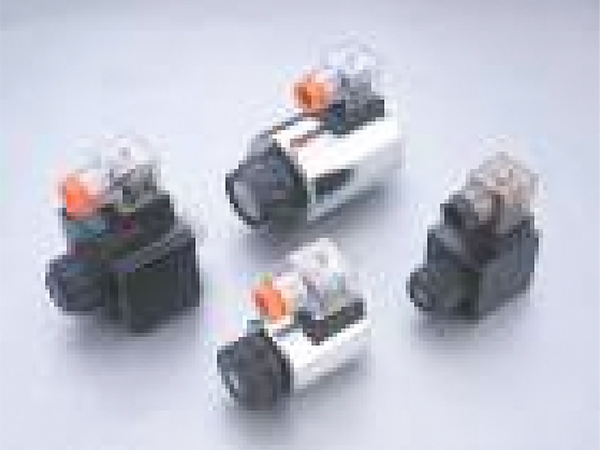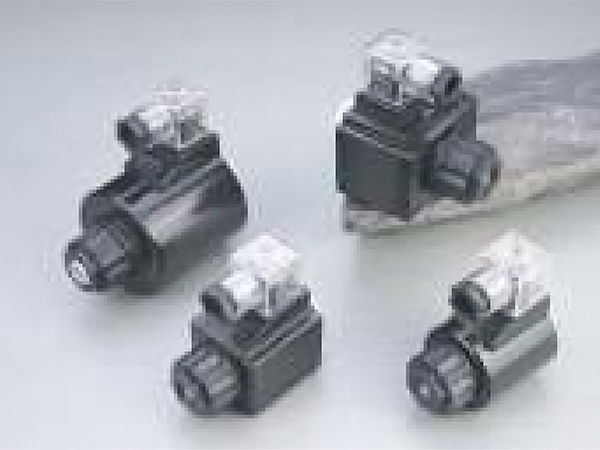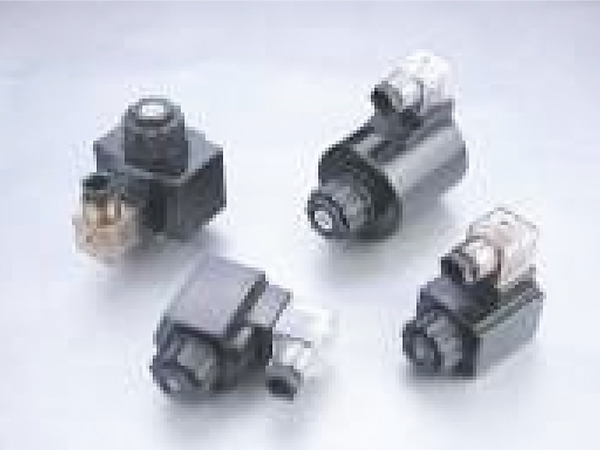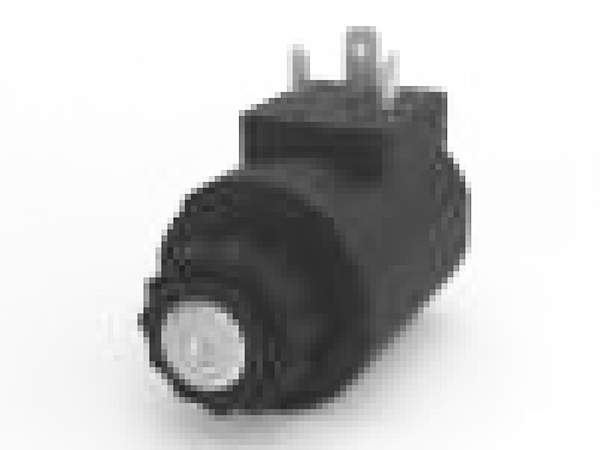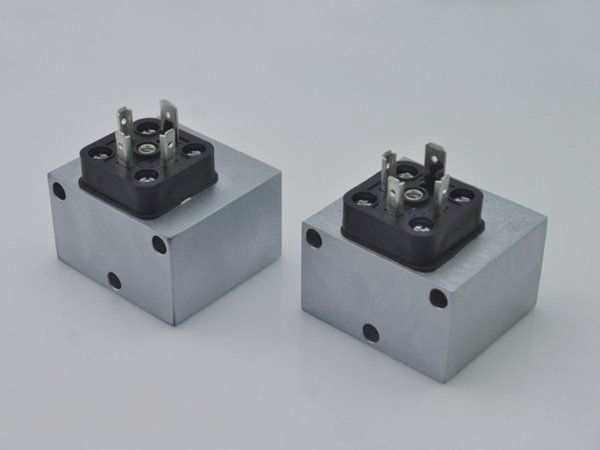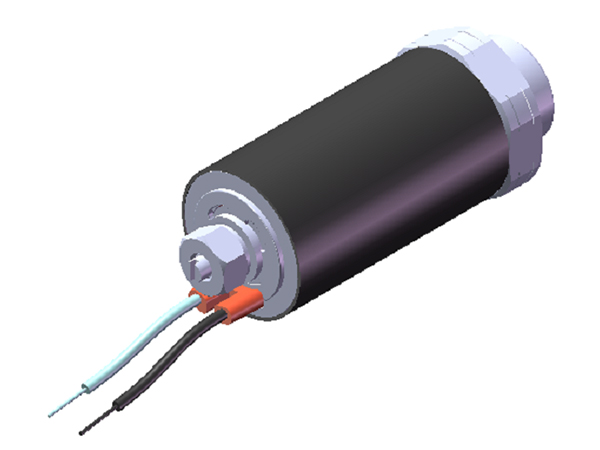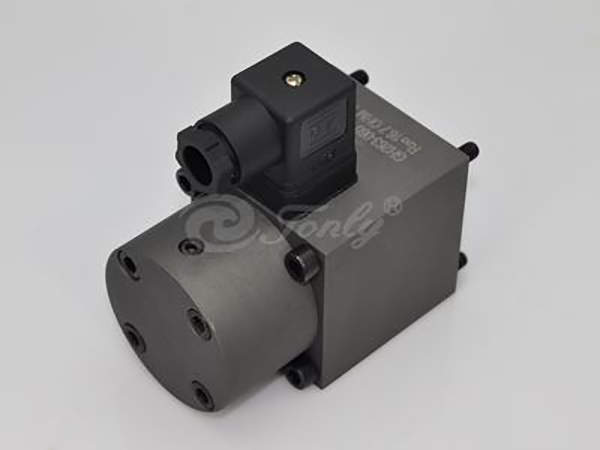How do the Coils for Cartridge Solenoid Valves perform in high-vibration environments such as mobile hydraulics or industrial machinery?
Coils for Cartridge Solenoid Valves used in mobile hydraulic and industrial equipment must be designed with structural resilience to withstand continuous or sporadic mechanical vibration. These environments include excavators, agricultural machinery, CNC systems, and material handling equipment—where exposure to high-frequency vibration, impact shocks, and axial movement is unavoidable. High-performance coils are molded from reinforced engineering polymers such as glass-filled nylon or PPS (polyphenylene sulfide), and internally encapsulated with thermally cured epoxy resin. This full encapsulation immobilizes the copper winding, preventing displacement, chafing, or micro-cracking under vibrational stress. The encapsulant also dampens oscillatory motion internally and resists fatigue failure over extended operational cycles. This design approach ensures that even under vibration exceeding 10 g across multiple axes, the coil maintains electrical and structural integrity.
In vibration-prone installations, coil disengagement or loosening from the valve tube is a common failure mode. To mitigate this, the mechanical interface between the coil and cartridge valve must ensure a secure, locked-in position throughout its service life. Coils for Cartridge Solenoid Valves intended for dynamic applications often use anti-rotation collars, precision-ground mating surfaces, retaining rings, and threaded sleeves to enhance mechanical coupling. Some models feature integrated coil clamps or spring-loaded detents to minimize axial movement and absorb shock. These securement strategies reduce the risk of magnetic misalignment, valve chatter, or open-circuit conditions caused by connector separation. The coil’s housing design may also include ribbing or flanged contact points to increase surface engagement with the valve body, which distributes load and prevents micromotion during cyclic or torsional vibration.
Vibration degrades electrical connectors by loosening terminals, causing fretting corrosion, or introducing intermittent contact. Coils for Cartridge Solenoid Valves in mobile and industrial applications are often specified with ruggedized connectors such as Deutsch DT04, AMP Superseal, or circular M12 configurations that incorporate mechanical latching and IP-rated sealing. These connectors are engineered with positive locking tabs, resilient contact pins, and O-rings to prevent connector drift and moisture ingress. For DIN-type connectors (DIN 43650 Form A), vibration-resistant variants include center screws with captive gaskets and compression seals to eliminate vibration-induced loosening. Flying lead options are overmolded or strain-relieved at the coil housing to protect the wire-core interface from flex fatigue. The use of gold-plated contacts and UV-resistant wire jackets enhances signal stability in harsh environments, maintaining uninterrupted current flow and actuation reliability despite constant vibration.
Thermal cycling and mechanical vibration act together to weaken internal connections, particularly at solder joints, terminal lugs, and winding terminals. In high-duty applications, repeated heating and cooling of the coil causes material expansion and contraction. When combined with vibration, this accelerates fatigue and may lead to internal shorts or open circuits. Coils for Cartridge Solenoid Valves counter this by using Class F (155°C) or Class H (180°C) insulation materials with high elasticity and dielectric strength. Internally, coils are constructed with pre-stressed windings coated in thermoset varnish, which cushions the wires and maintains consistent positioning throughout the thermal and vibrational load cycles. External leads are stress-relieved and attached using high-temperature solder or crimped terminal lugs with redundant retention, minimizing the mechanical impact at transition points.
For more information, please call us at + 86-574-88452652 or email us at [email protected].
Product Categories
The Proportional Solenoid for Hydraulics is designed to provide fine-tuned regulation of fluid flow ...
Hydraulic presses are used in industries such as metalworking, plastic molding, and stamping. Hydrau...
The integration of an External Shock-Absorbing Solenoid Valve provides substantial improvements in s...
Coils for Cartridge Solenoid Valves used in mobile hydraulic and industrial equipment must be design...
Coils designed for higher voltages have higher internal resistance due to longer or thinner wire win...
The precise alignment of the Hydraulic Position Sensor is fundamental to its operation. For the sens...

 English
English 简体中文
简体中文